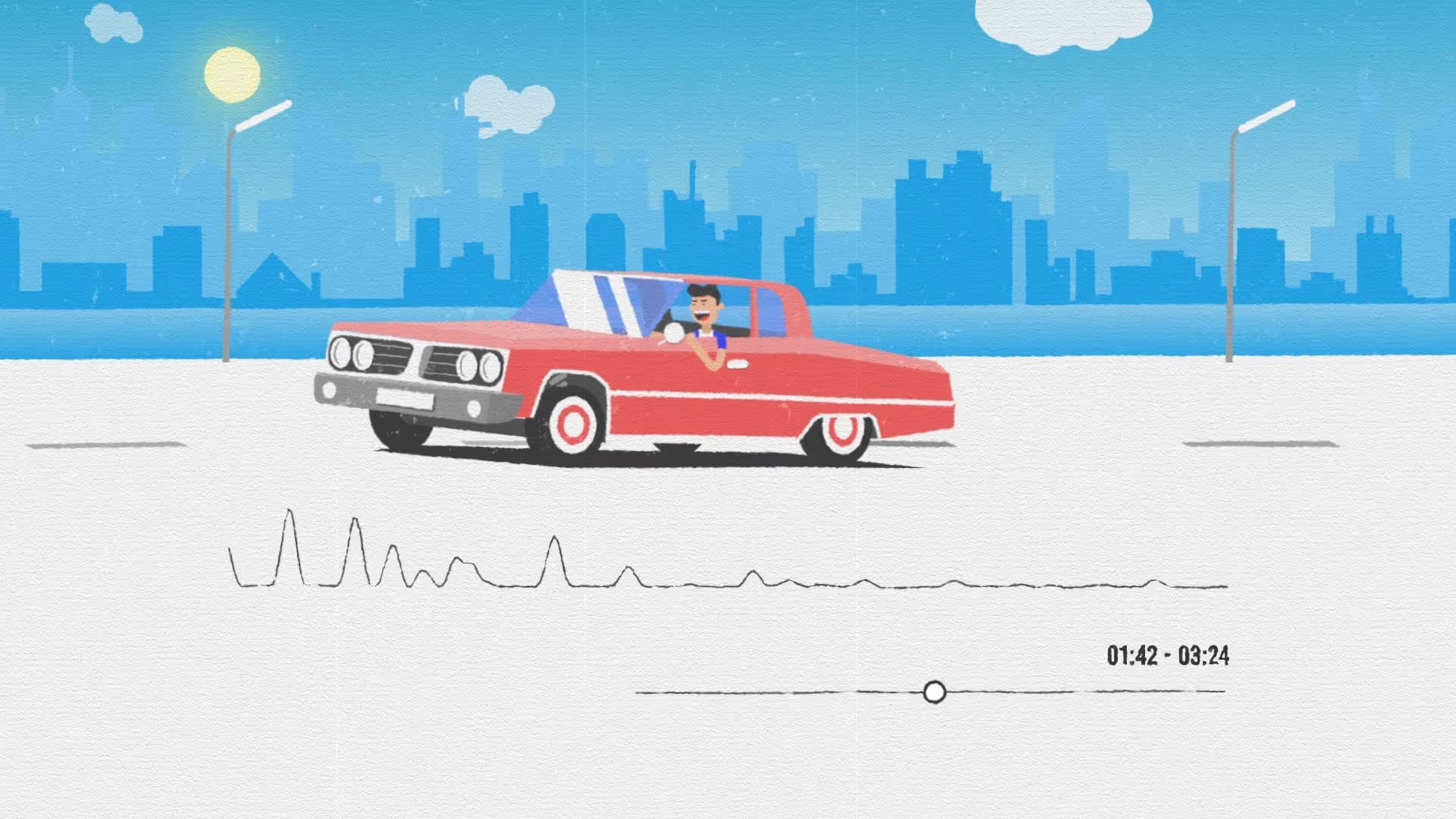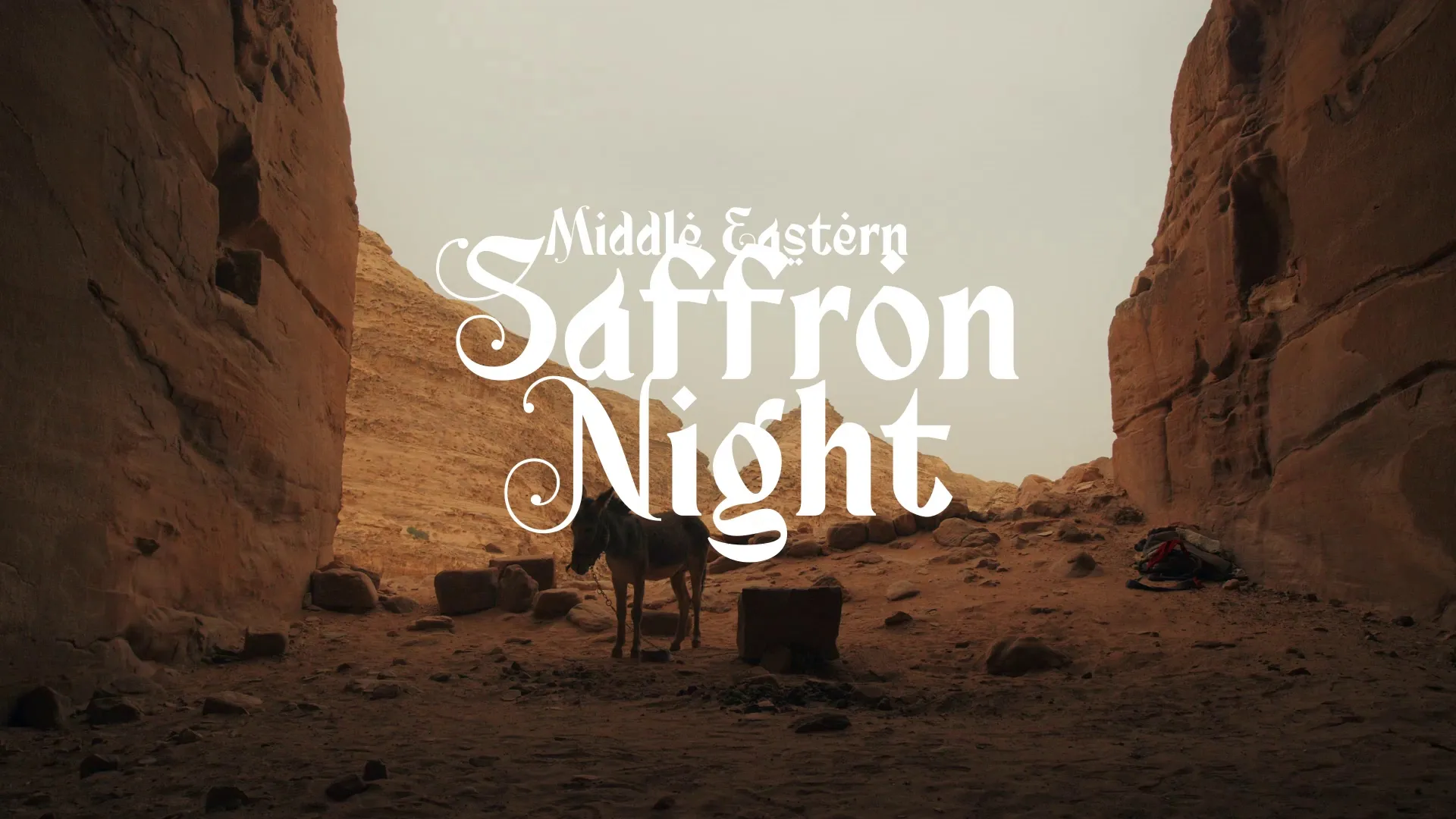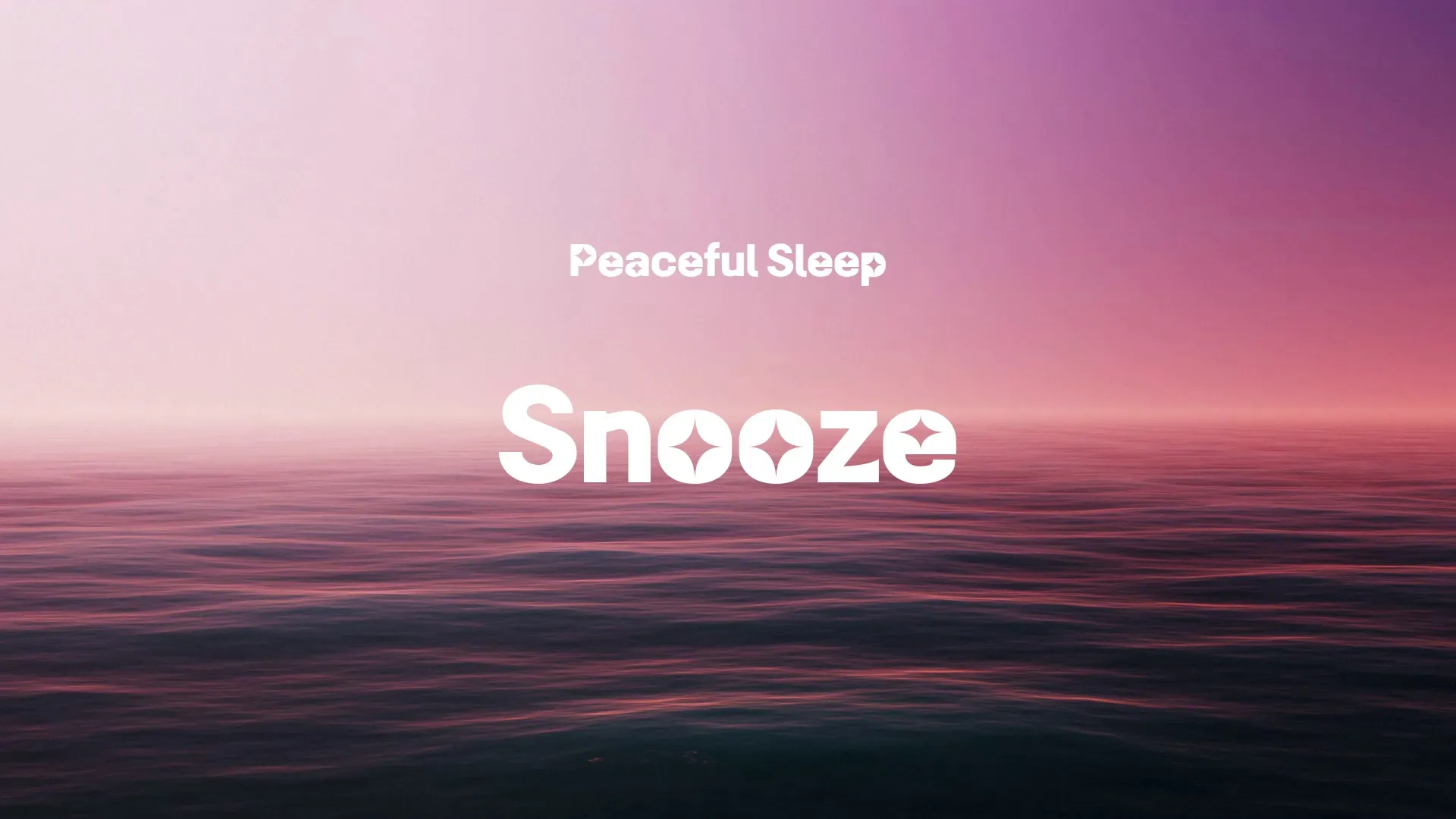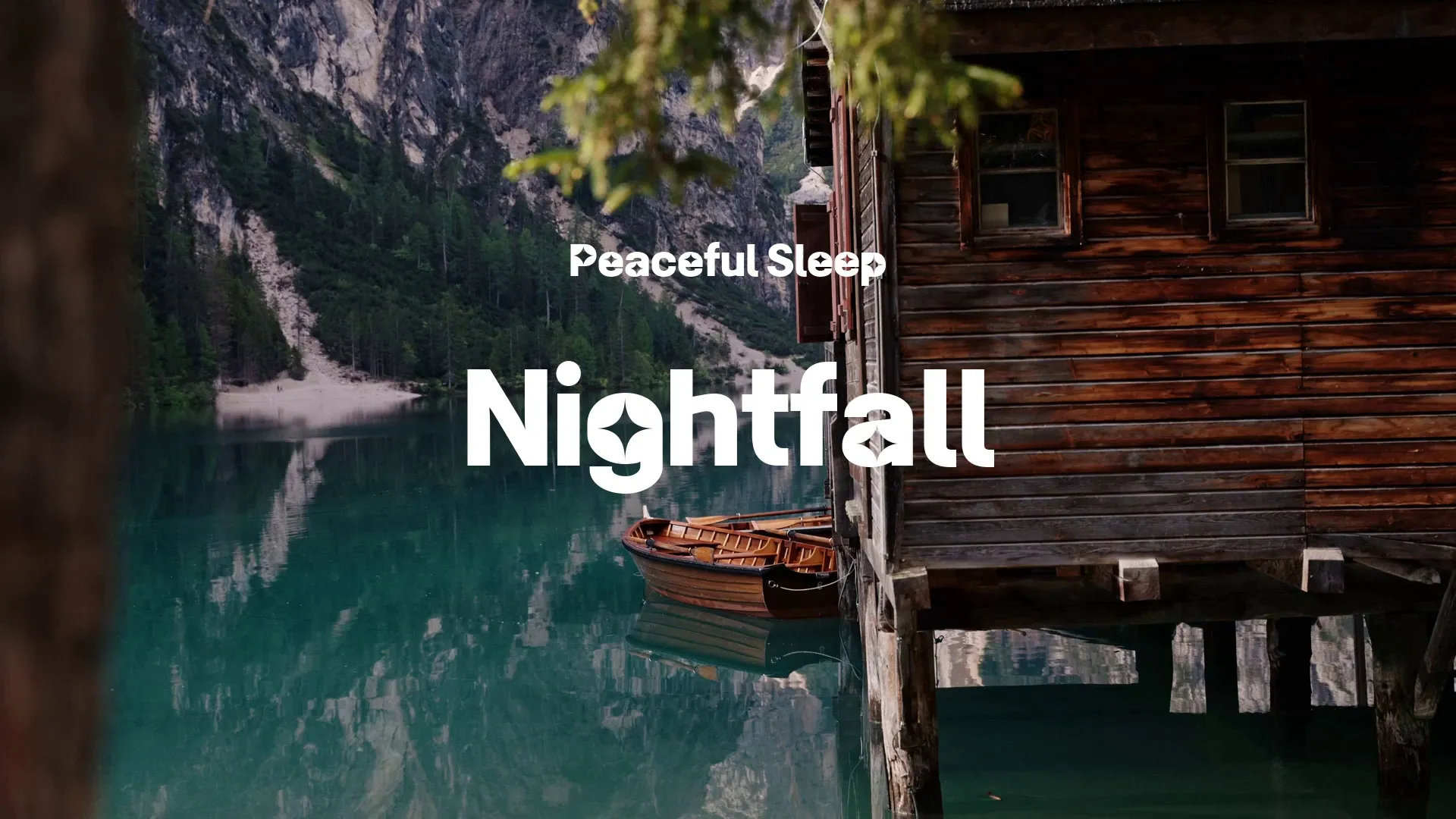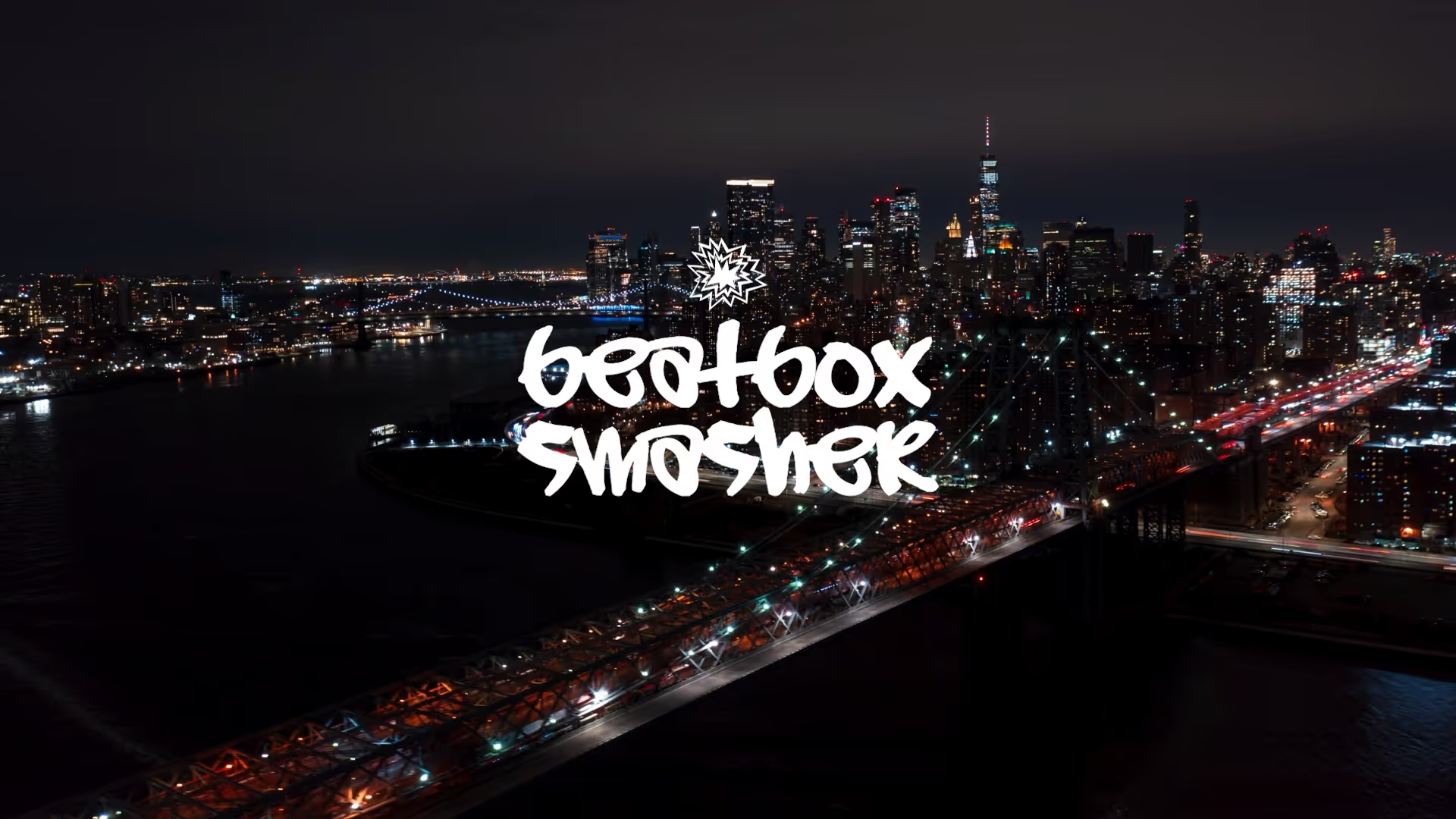Beyond Code: Building a Powerful Personal Brand & Portfolio for Game Developers
Beyond Code: Building a Powerful Personal Brand & Portfolio for Game Developers
Your code and game designs are crucial, but they are only part of your professional identity. A powerful personal brand and a well-crafted portfolio are essential for standing out in the competitive game development industry.
This guide outlines how to build both effectively, ensuring your work gets noticed by the right people.
Define Your Unique Developer Identity
Before you build, understand what makes you unique as a developer. Identify your niche, your preferred engines, and the types of games or roles you excel at.
Your brand should reflect your expertise and passion, whether it’s pixel art, complex AI, or narrative design. This clarity helps you target your efforts and attract relevant opportunities.
Craft an Impactful Portfolio Website
Your portfolio website is your digital storefront; it needs to be professional and easy to navigate. Focus on quality over quantity, showcasing only your best and most relevant projects.
Each project entry should include high-quality screenshots, gameplay videos, and a concise description of your specific contributions. Explain the ‘what’ and ‘how’ of your work, highlighting challenges overcome and lessons learned.
Consider using a platform like Wayline’s Devpage to easily consolidate and showcase all your games in one accessible portfolio.
Showcase Game Development Progress
Don’t wait until a project is finished to share your work. Regularly update your portfolio with work-in-progress shots, dev logs, and early prototypes.
This demonstrates your process, problem-solving skills, and commitment to development. Transparency builds anticipation and trust with your audience.
Blogging about your development journey on your portfolio or a dedicated dev blog can also highlight your skills and passion. This can be especially useful when considering how your efforts translate into a sustainable career, as explored in the article Realistically, How Much Does an Indie Game Dev Make Per Year?.
Leverage Diverse Platforms Strategically
Beyond your website, utilize platforms where game developers and industry professionals gather. LinkedIn is crucial for professional networking and sharing career milestones.
Twitter (now X) and Mastodon are excellent for quick updates, engaging with the community, and participating in game jams. For visual content, Instagram and ArtStation can effectively showcase your art and design skills.
YouTube and Twitch are ideal for sharing gameplay footage, dev vlogs, and live-streaming your development process. Choose platforms that best align with the type of content you create and your target audience.
Create a free account, or log in.
Gain access to free articles, game development tools, and game assets.
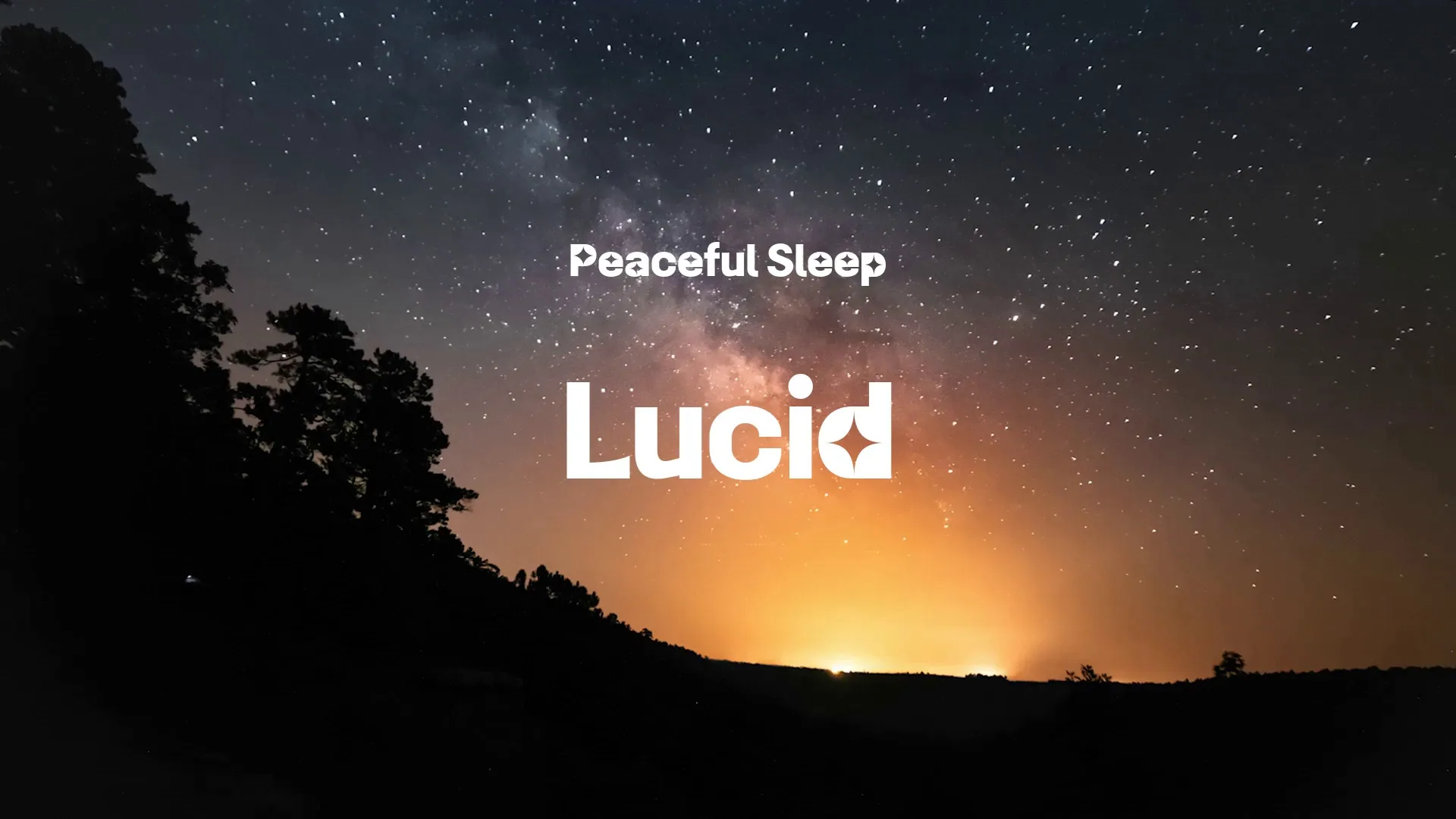
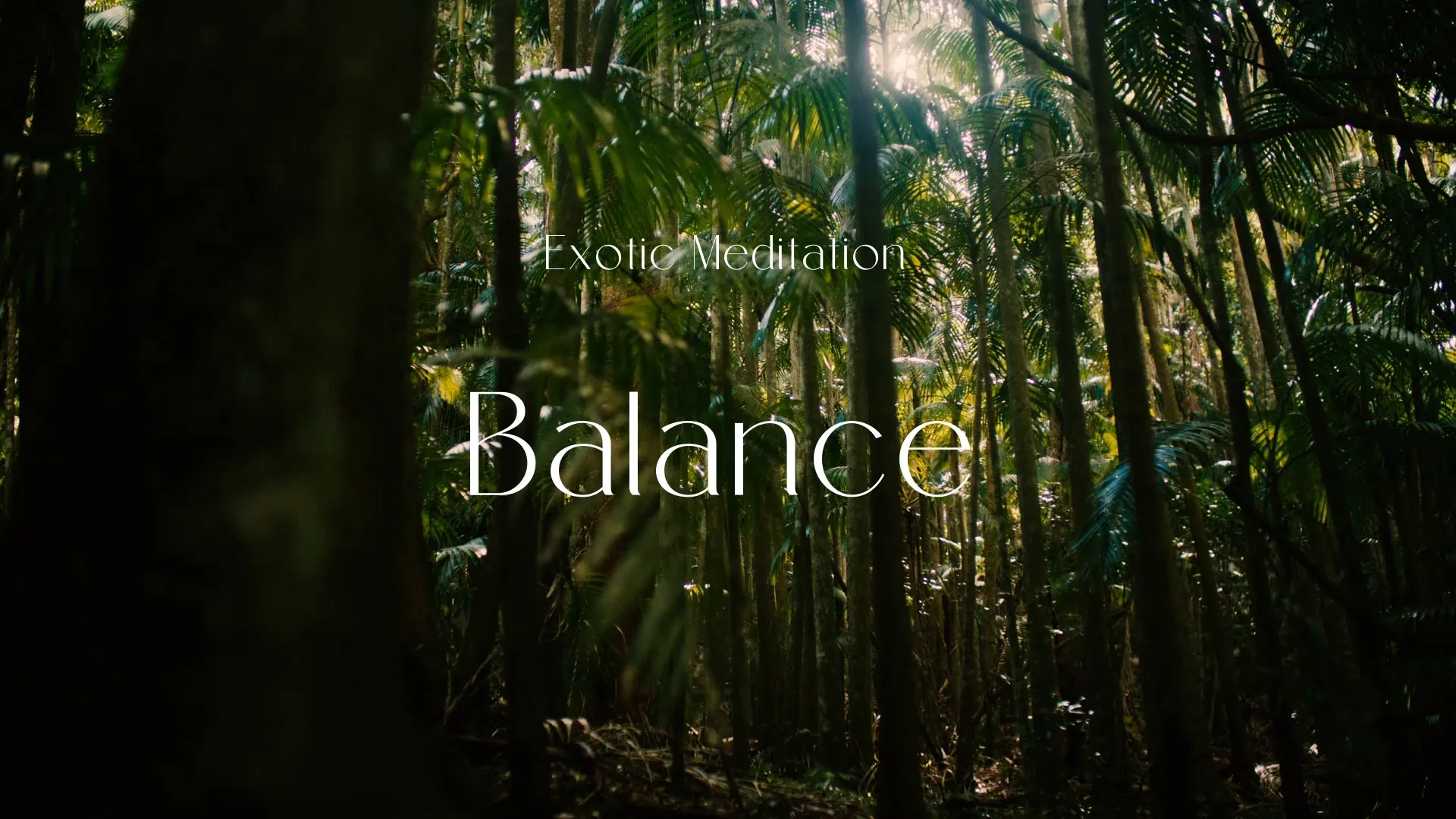






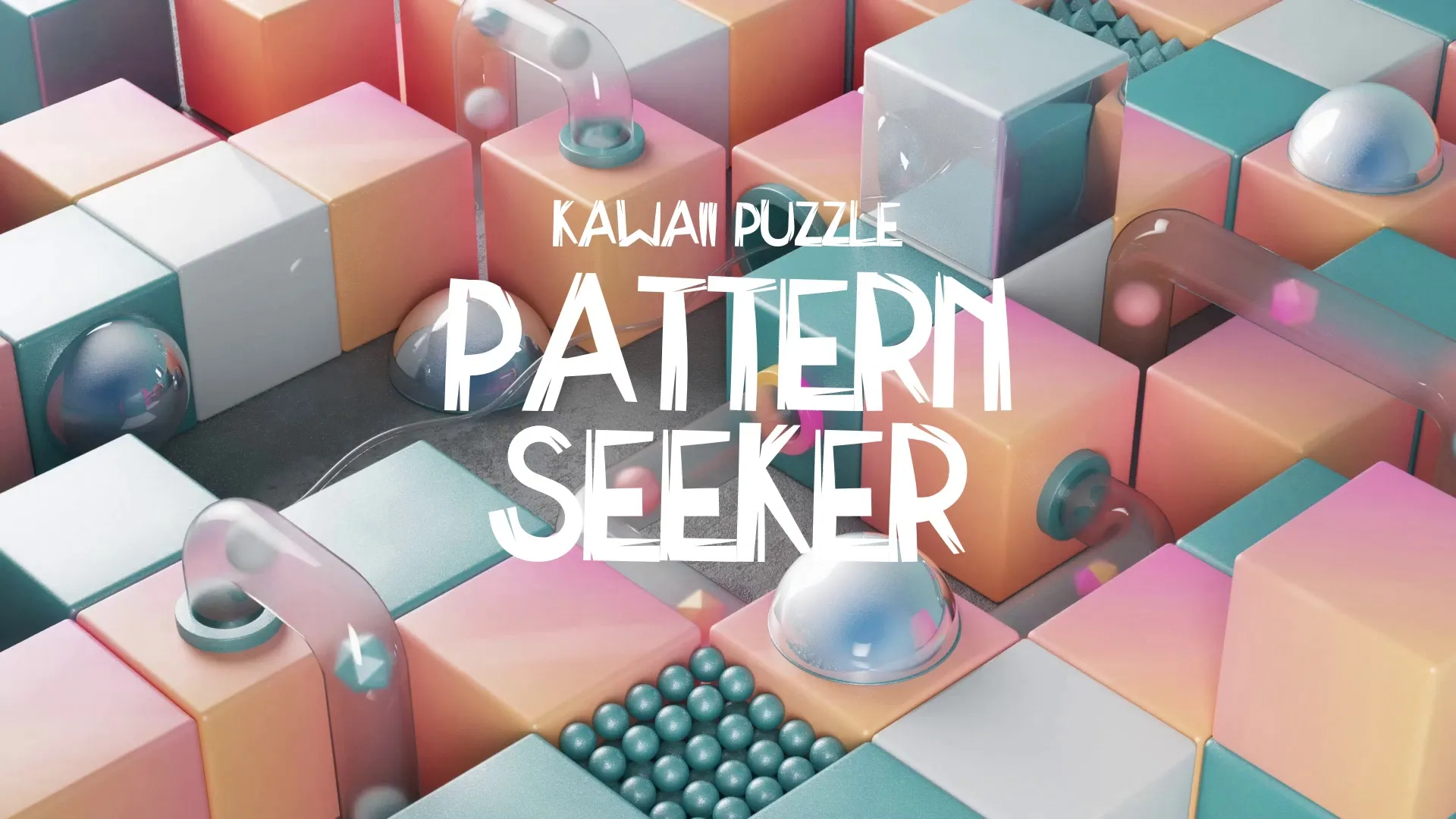

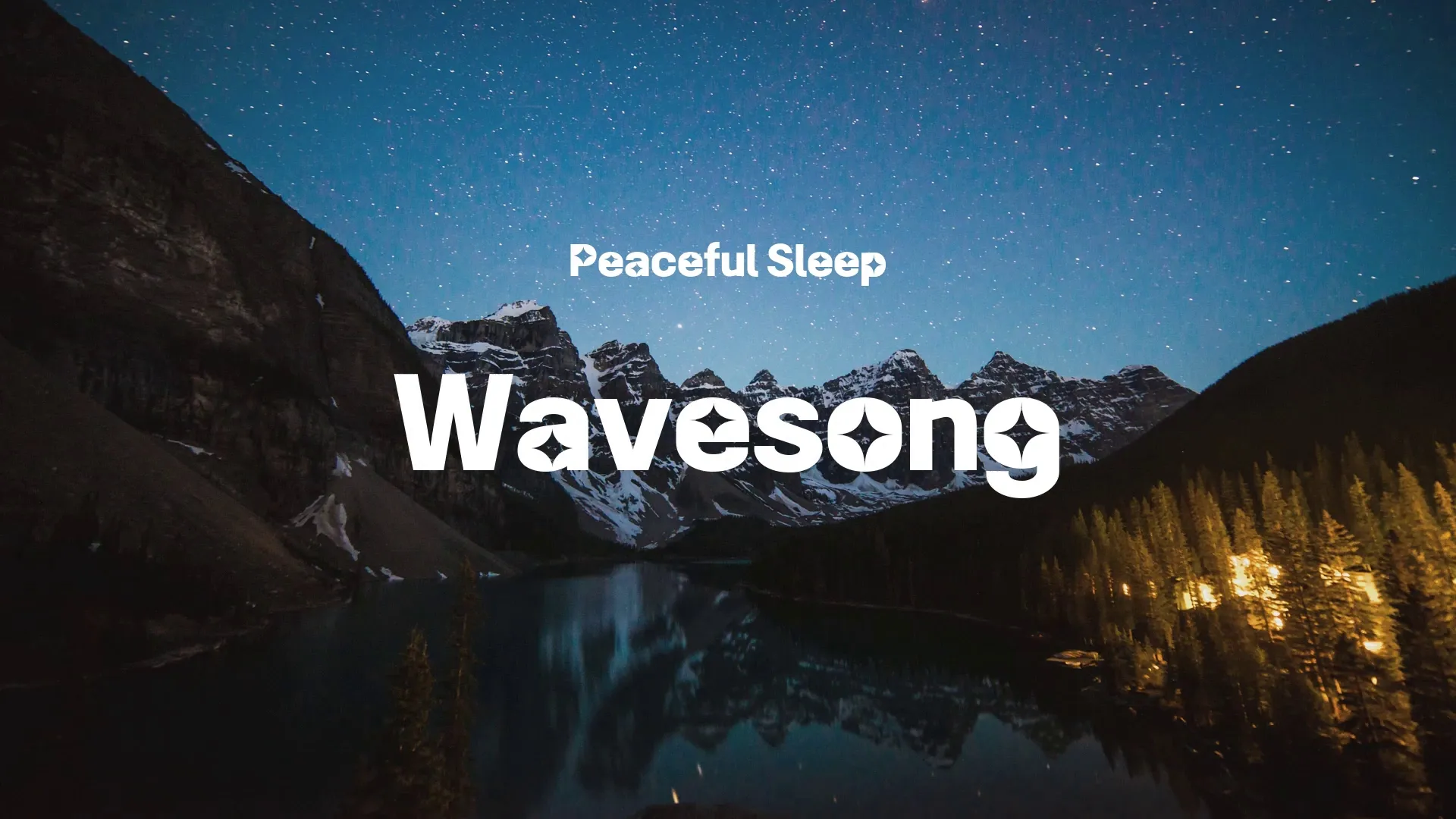

.webp)


.webp)
